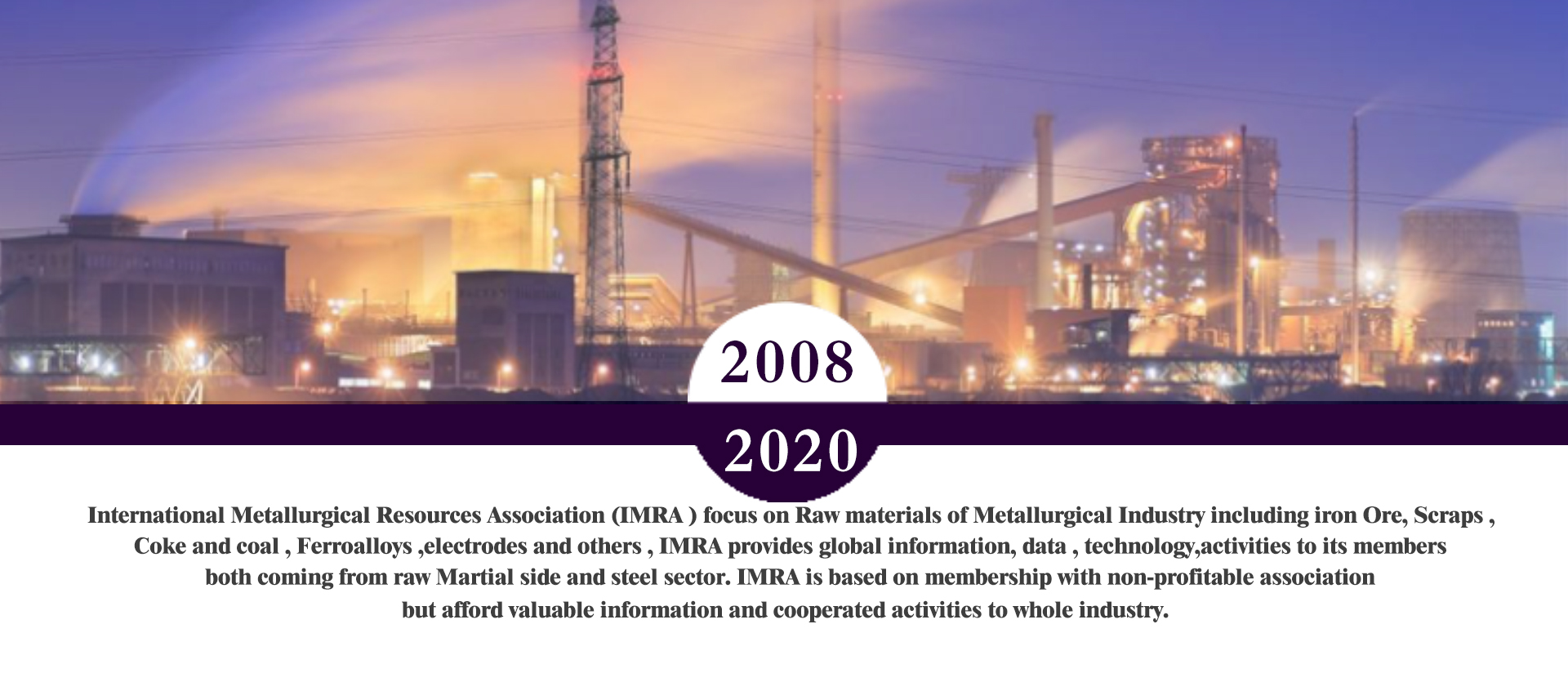JSW Steel expects to be a 50 million ton company by 2030: Seshagiri Rao
[Ferro-Alloys.com] If we compare the peak steel prices in India last year vis-à-vis the current prices after three hikes, and compare it to landed cost of imports, there is a scope for further increase in price in the domestic market, says Seshagiri Rao, Joint MD & Group CFO, JSW Steel. Excerpts from an interview with ETNOW.
“It is a result of global as well local factors. For steel industry to be understood, one has to see what is happening globally because it is a globally traded commodity. Almost one-third of the steel is traded globally.”
“The steel consuming sectors -- construction, infrastructure, real estate, manufacturing, auto -- have seen slowdown globally and that has an impact. Global developments contributed to a bigger slowdown in India. The slowdown in government expenditure and credit flow to the industry together had a very serious impact in the overall fall in demand and also fall in prices. At the same time, raw material prices have not fallen in the same proportion.”
“All these together put pressure on margins and that is why the industry went through a severe pain in the first half of this financial year. Over and above what happened in the industry in India, the FTA countries like Japan, Korea and Asian countries continue to export steel in o India because it has zero percent duty. It has gone up from around 58% last year to 77%. That also contributed to the fall in steel prices in India. The fall in steel prices in India is much steeper than what happened globally.”
“But we have seen a bit of recovery starting from October. So in this quarter which we ended, EPS is going to be better as we are hearing from other steel companies also. They have reduced inventories and their sales were better in the last quarter. This is the trend we are seeing which is expected to be better in the third quarter compared to the second quarter. We expect the second half would be better.”
“We are seeing consolidation through IBC. These companies are existing operating companies. The capacity utilisations in these companies are at reasonably higher levels. Even after change of control through IBC, I do not think a very big capacity or incremental production would come in o the market. Considering the total capacity of the steel industry of 540 million ton in this year, we will be producing 110 million ton. So, the capacity utilisation is reasonably high in this industry. If we continue to grow even at a rate of 5% on a 100 million ton of steel consumption, every year we need 5 to 6 million ton of incremental steel demand. ”
“We are 15-16% of today’s installed capacity. Even if we assume that we maintain that kind of market share in the overall installed capacity, if 300 million ton is India’s capacity by 2030, we will be in the range of 45 to 50 million ton by 2030. Considering the pace of growth in India, if this 300 million ton is expected to be achieved even earlier than 2030, we will also grow at the same pace. We want to be 45-50 million ton player in the 300-million-ton total play in the steel industry in India in the next decade. ” (The Economic Times)


